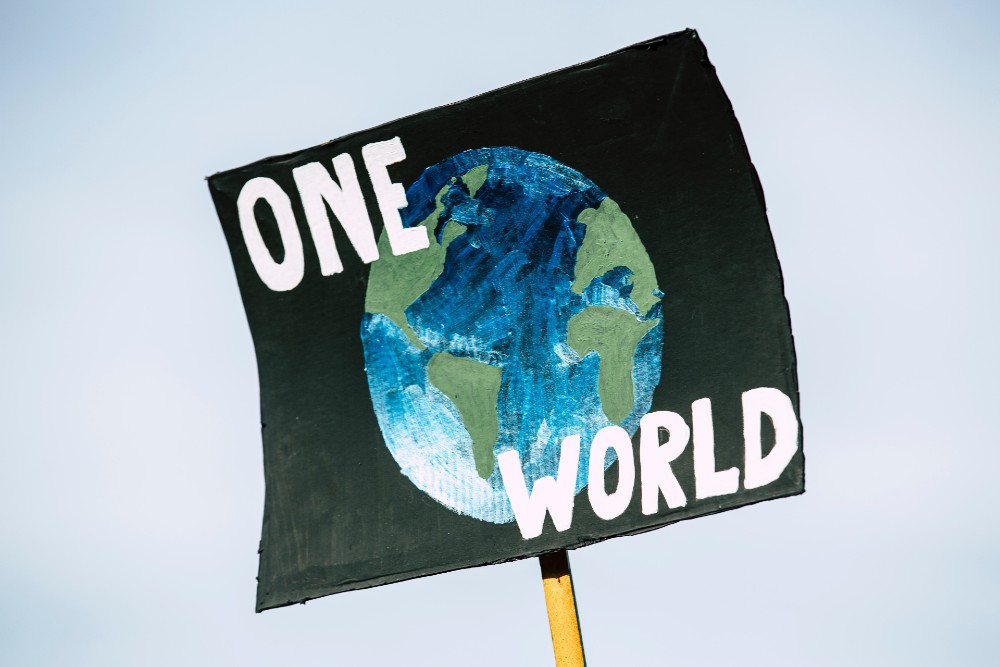NEW research from Australia reveals that the carbon footprint of charging all the phones in the world is equivalent to nearly two billion passengers travelling on a bullet train in Japan.
By assuming that all phone users charge their mobiles for one hour per day, the global footprint of phone usage was determined and compared to other activities to showcase just how much of an impact phones can make on the environment, says research by Compare the Market.
Through an analysis of energy usage and carbon emissions in each continent, Compare the Market determined that the carbon footprint of global phone charging is equivalent to 8,088,324 tonnes of CO2e per year.

The carbon footprint of an activity refers to the total amount of greenhouse gases emitted, including carbon dioxide, nitrous oxide, and methane.
The Intergovernmental Panel on Climate Change concluded with 95% certainty that human activity is the dominant cause of observed global warming over the past 50 years.
A spokesperson for Compare the Market, Simon Downes, highlights the driving force behind collating the data: “These fun and simple statistics are a great way to help consumers to better understand energy consumption.”
“Charging one mobile phone presents little to no immediate harm to the environment – it is only when we look through a global lens that we see how significant that impact could be.
“Consumers should limit their energy usage and carbon footprint where possible, whether it be minimising the number of devices they use or switching to more energy efficient alternatives.
“Not only is that for the benefit of the environment, but also their own hip pockets.”